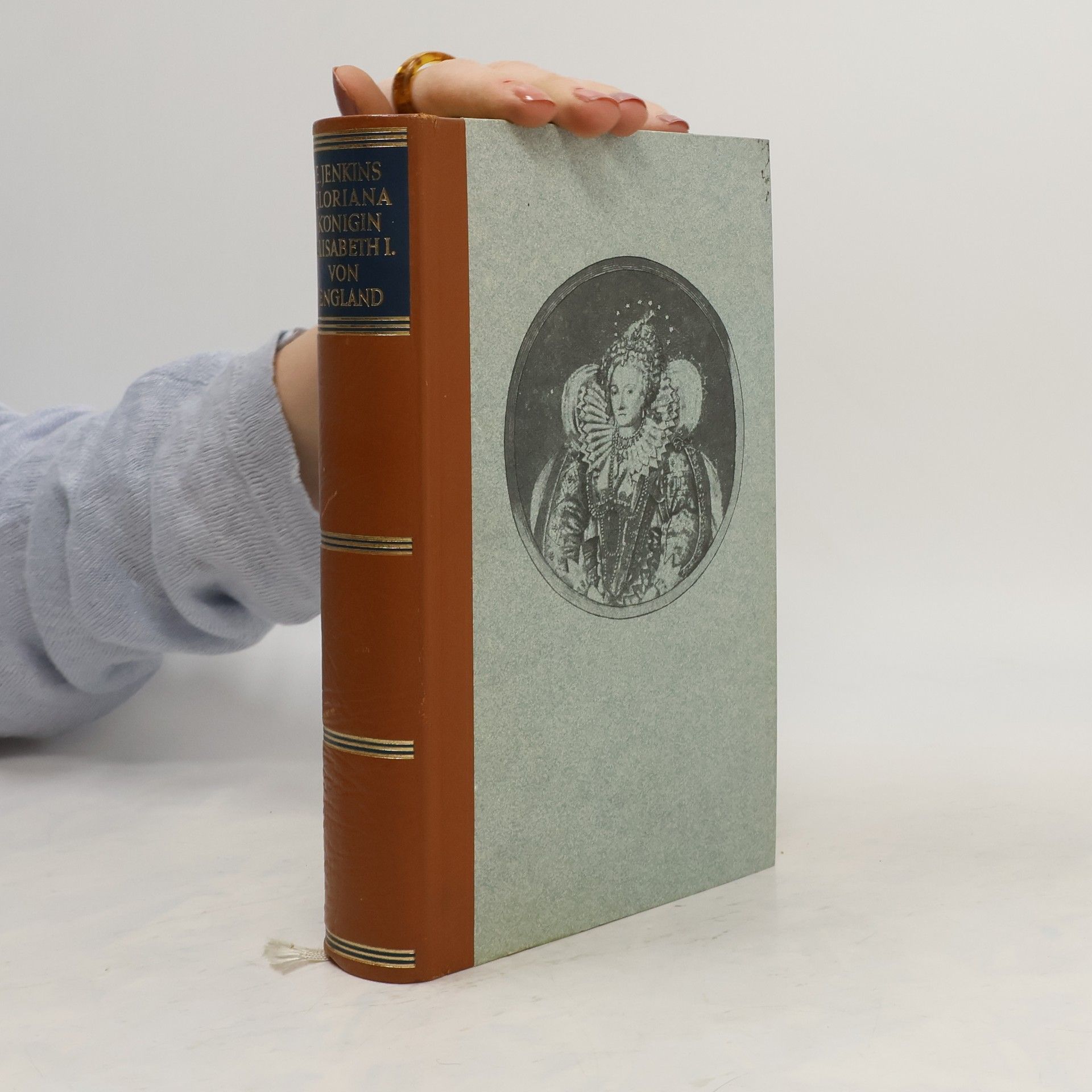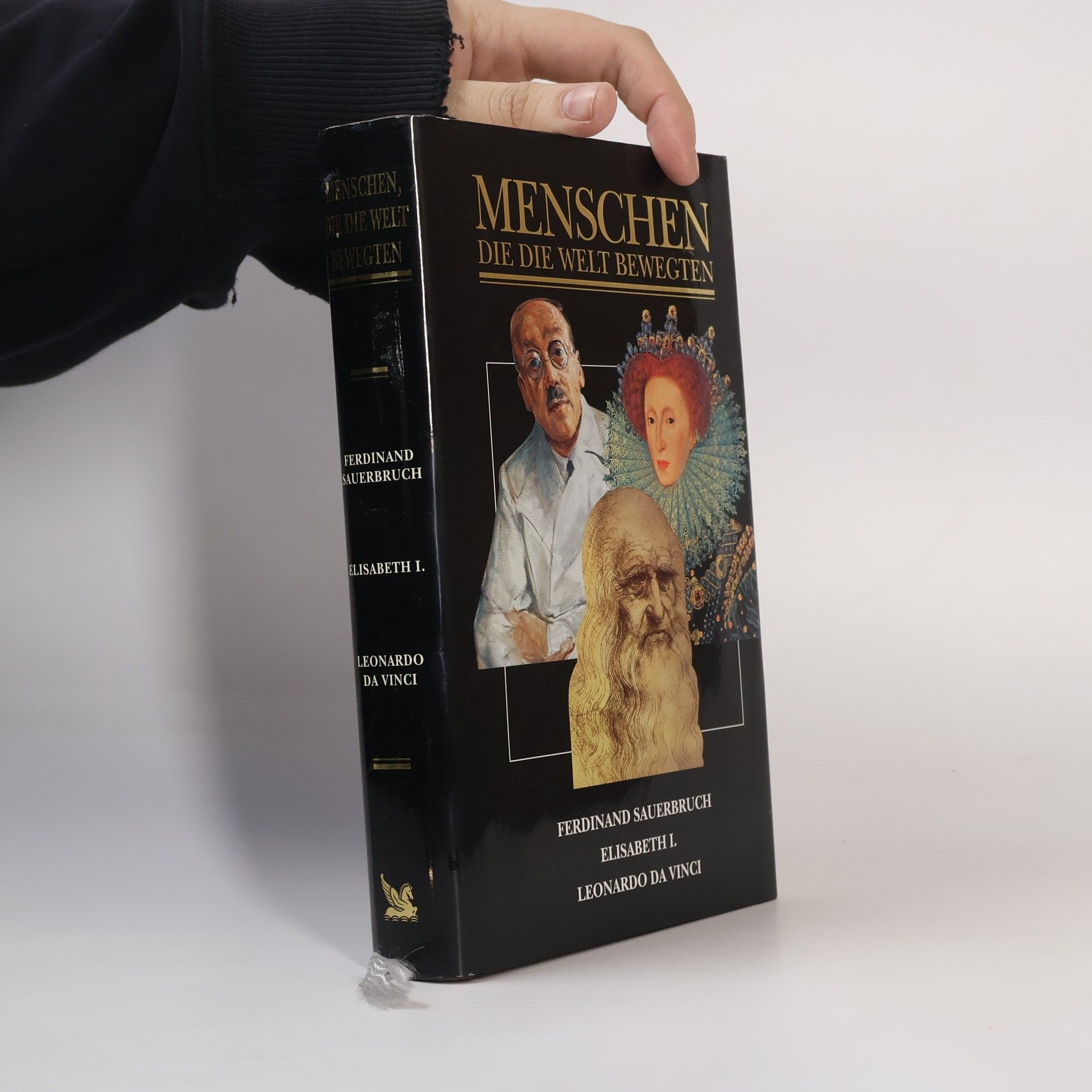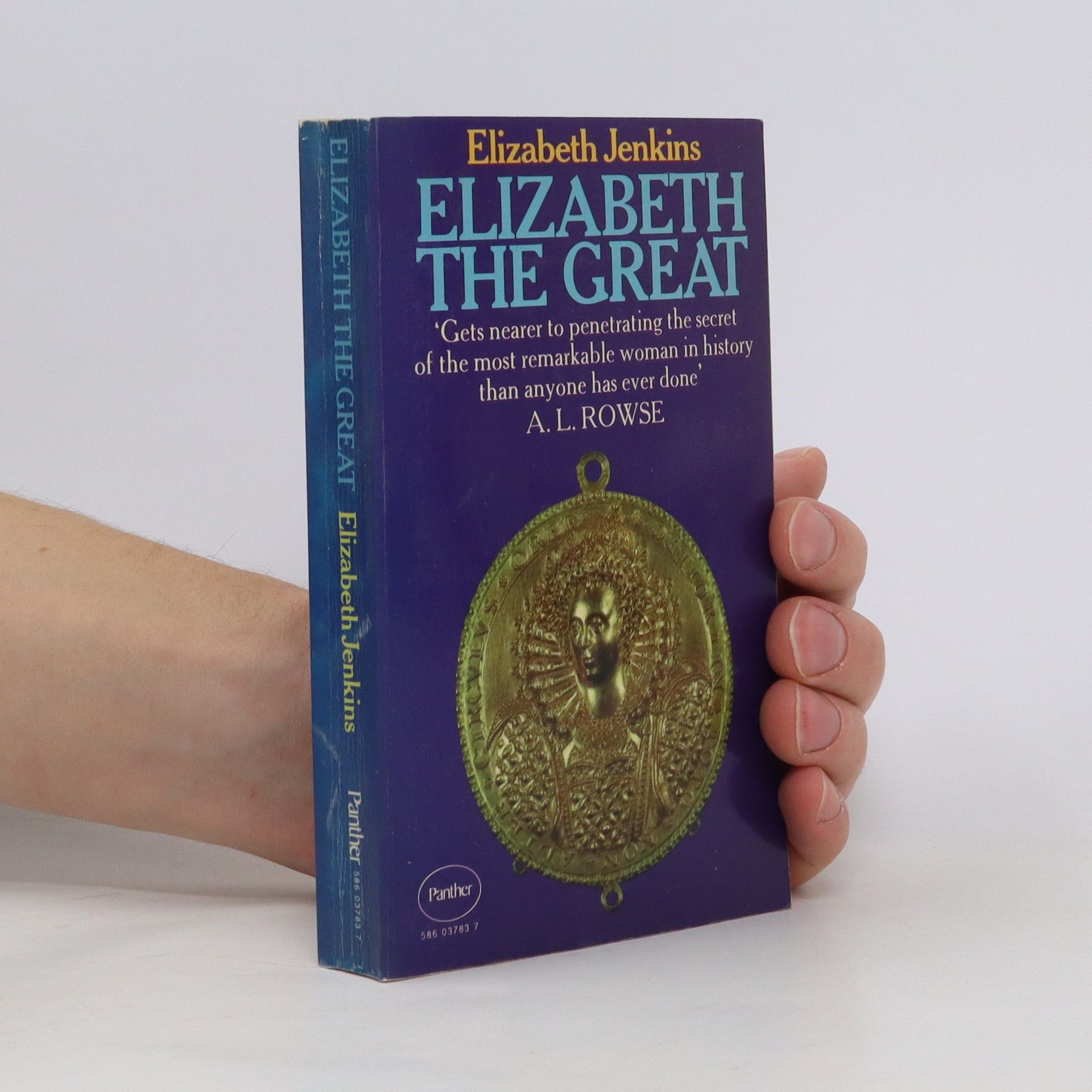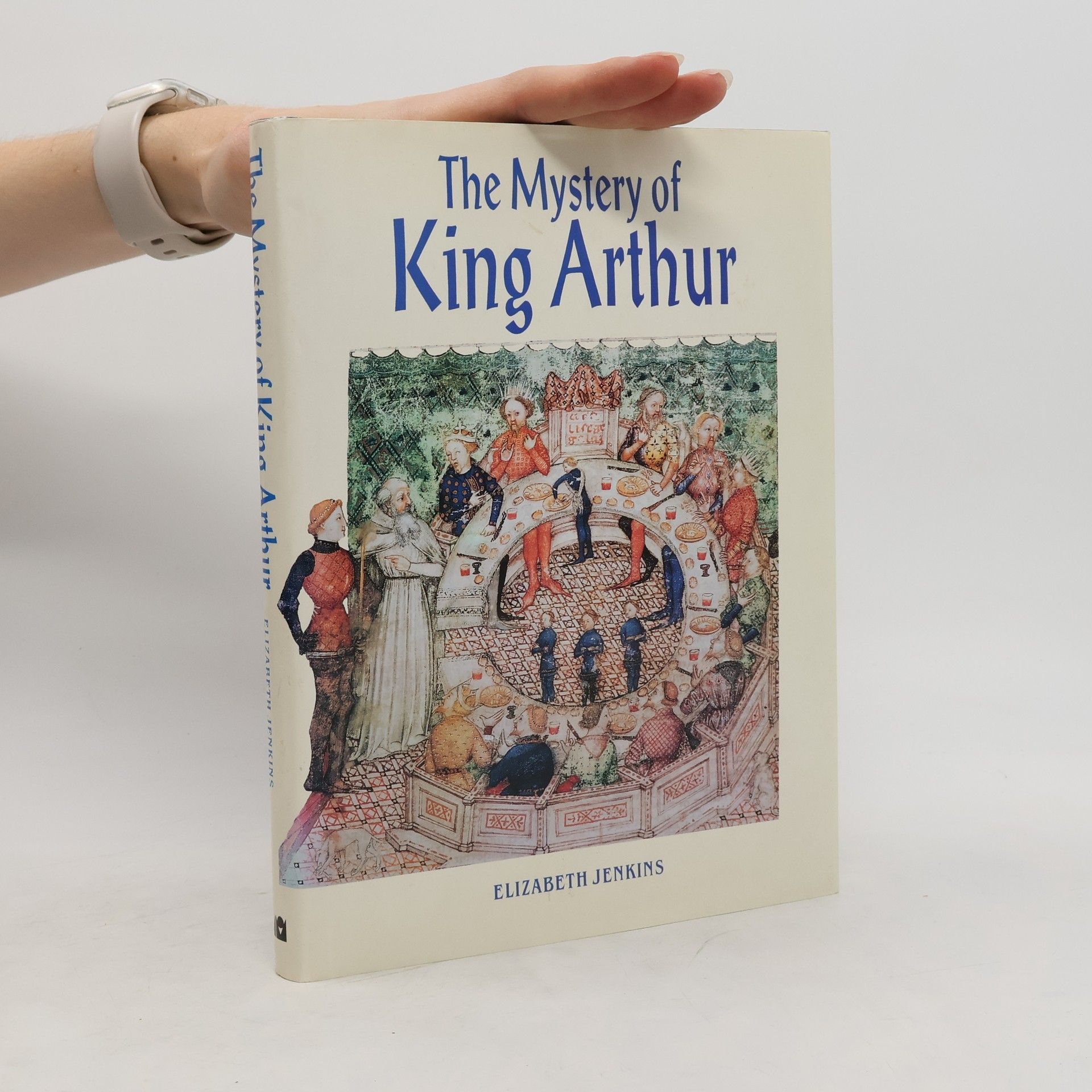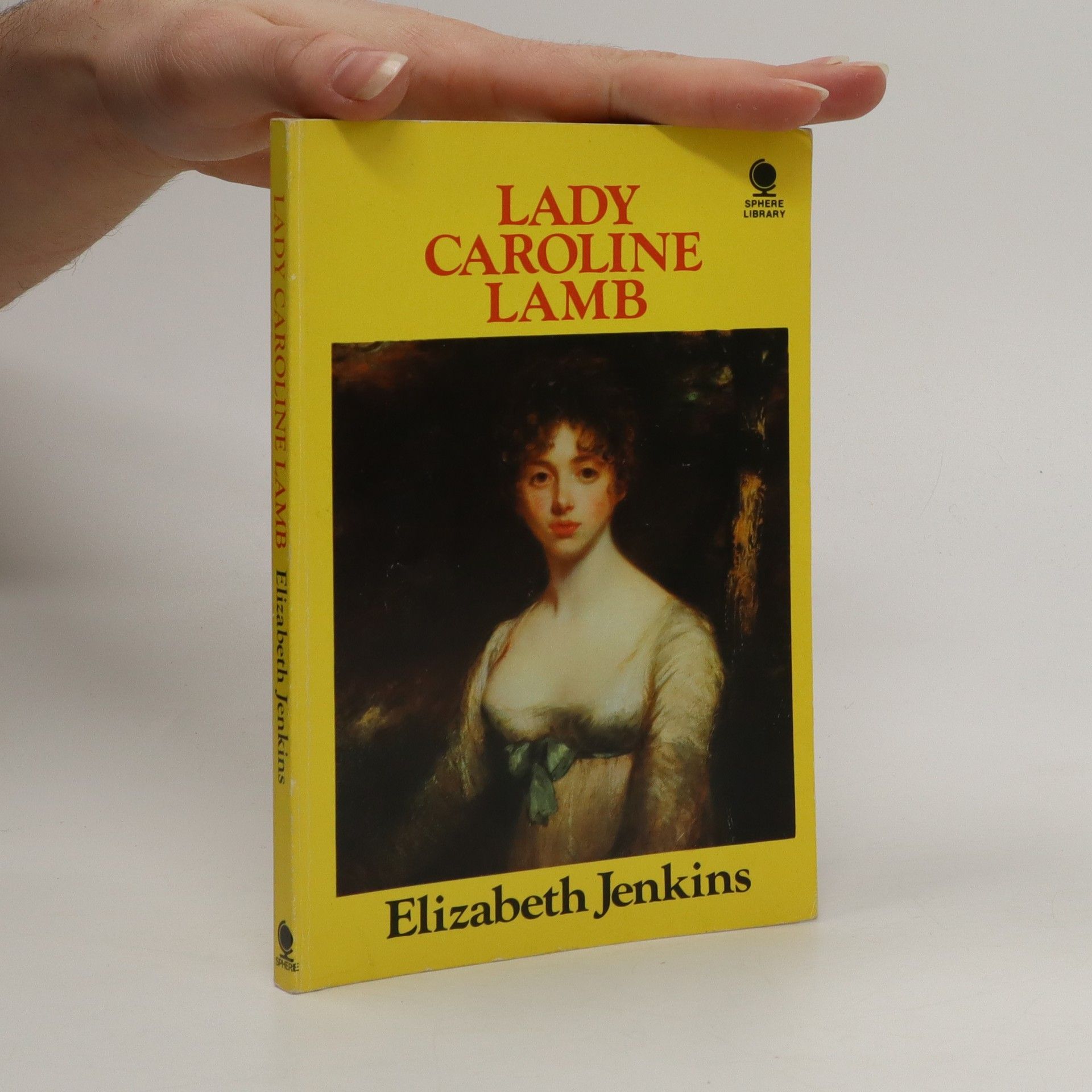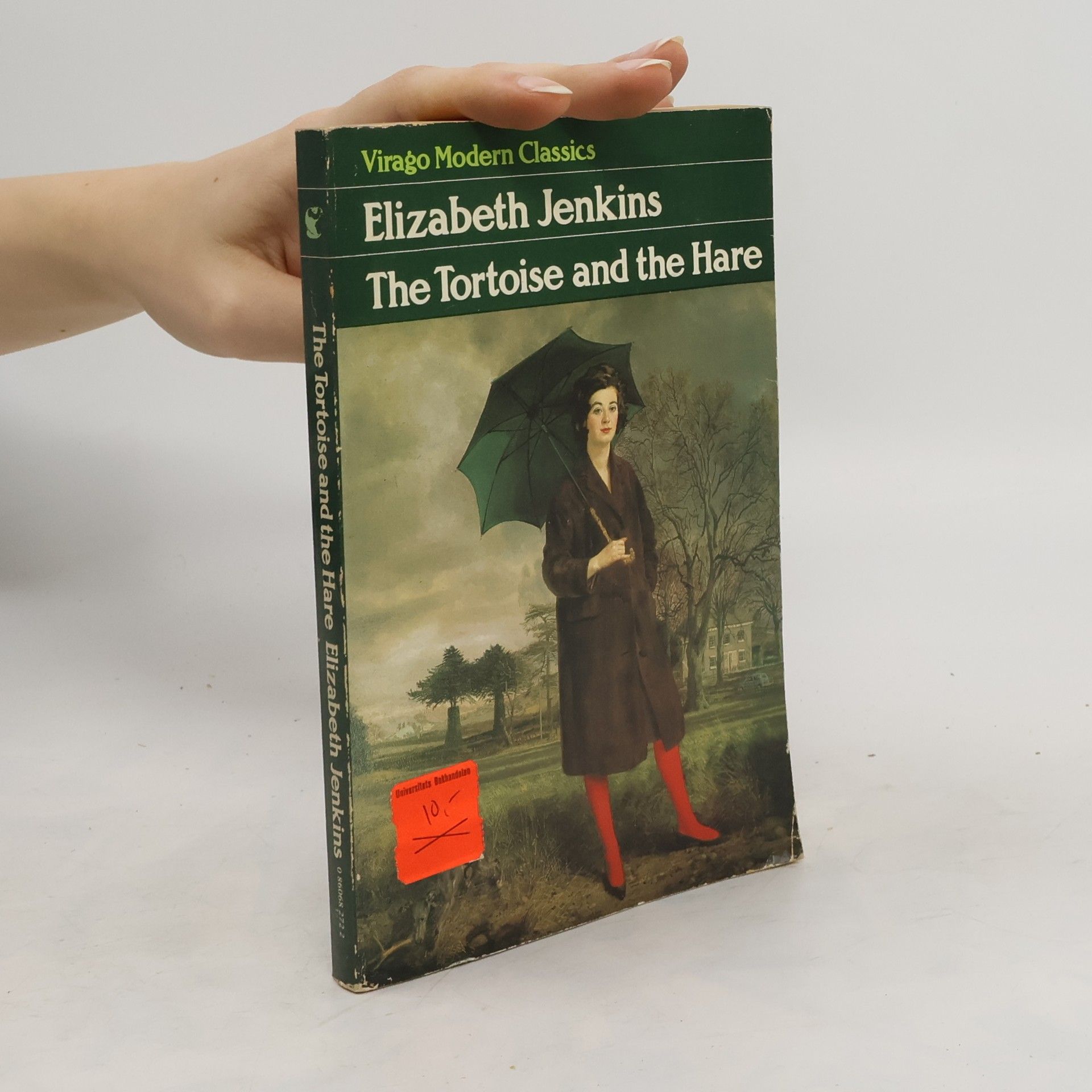The Tortoise and the Hare
- 288pages
- 11 heures de lecture
The magnetic Evelyn Gresham, fifty-two, is a KC of considerable distinction. He has everything life could offer - a gracious riverside house in Berkshire, a beautiful grey-eyed wife Imogen, devoted to him and to their eleven-year-old son, a replica of his father. Their nearest neighbour is Blanche Silcox, a plain, tweed-wearing woman of fifty who rides, shoots, fishes, and drives a Rolls Royce - in every way the opposite of the domestic, loving Imogen. Their world is conventional country life at its most idyllic: how can its gentle surfaces be disturbed?
